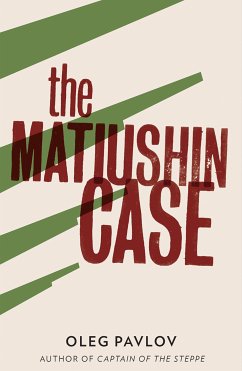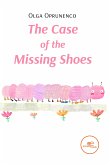The Matiushin Case is one of the darkest and most powerful works of fiction to appear in Russian in the last twenty years. Deriving, like Captain of the Steppe (2013, And Other Stories), from Oleg Pavlov's own traumatic experience as a conscript in the last years of the Soviet Union, it follows the ordeals of Matiushin, a sensitive, disoriented young man, damaged by brutality first within his family and then in the army. Indebted to the 'labour camp writing' traditions pioneered by Solzhenitsyn and Shalamov, the novel is much more than an exposé of society's ills. Its greatest achievement lies in the tension between the horrific realities of conscript life and the uniquely dreamlike, timeless style through which Pavlov portrays them. Matiushin's 'crime and punishment' emerge from this tension with compelling inevitability; the victim turns killer. The hell that Pavlov describes is real and societal, but above all psychological, and, as such, no less universal than that described by Dante or Dostoevsky.
Dieser Download kann aus rechtlichen Gründen nur mit Rechnungsadresse in A, B, BG, CY, CZ, D, DK, EW, E, FIN, F, GR, HR, H, IRL, I, LT, L, LR, M, NL, PL, P, R, S, SLO, SK ausgeliefert werden.









